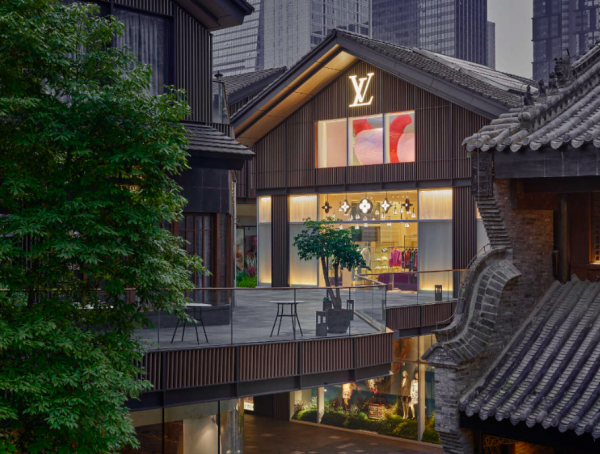Luxury giant reported a 3% fall in third-quarter sales on Tuesday, missing estimates in its first decline in quarterly sales since the pandemic as demand in China and Japan weakened, likely exacerbating investor worries. The world’s biggest luxury group generated 19.08 billion euros ($20.8 billion) in revenue for the three months ending in September, a 3% fall on an organic basis, stripping out the effect of currencies, acquisitions and divestitures.
The figure missed a consensus estimate of 2% organic growth cited by . The group “badly” undershot expectations, with “misses across the board,” said Luca Solca, an analyst at Bernstein. The sales report, the first of the quarter from the large luxury companies, comes after a rollercoaster for luxury stocks in recent weeks, as stimulus measures in China briefly fueled hopes of a recovery.
Chinese consumer confidence has slumped to the all-time lows of the COVID-19 era, LVMH Chief Financial Officer Jean-Jacques Guiony said on an analyst call, though he added that the company still believed in the future of the market. The LVMH sales, and a bigger decline at smaller Italian firm Ferragamo will do little to steady the market.
“LVMH being the sector proxy for many, this print will inevitably cause more short-term volatility,” said Flavio Cereda, co-manager of GAM’s Luxury Brands investment strategy, a fund that owns shares in luxury stocks. The fashion and leather goods division, home to Louis Vuitton and Dior labels, reported a sales decline of 5%, well below consensus expectations for 4% growth, and the first fall for the business since 2020.
“The fashion division saw slight improvement with Europeans and Americans but worse performance with Chinese and Japanese,” Guiony said. Fashion and leather goods comprise almost half of LVMH revenue and nearly three-quarters of its recurring profit.
In Asia – excluding Japan – of which the Chinese market is a dominant share, the sales decline worsened to a 16% slide from a 14% drop in the prior quarter. A post-pandemic spending spree lost momentum last year, and China’s property crisis has weighed on shoppers’ confidence. Hopes that government stimulus measures, opens new tab could quickly reignite enthusiasm for high-end merchandise have yet to be fulfilled.
In Japan, LVMH said growth sharply slowed to 20% from the previous quarter’s 57% jump due to a stronger yen. The results will likely be viewed negatively by the market, said Piral Dadhania, an analyst with RBC, noting they indicated a “more pronounced slowdown than expected.”
Louis Vuitton store Chengdu, China
More from NEWS
0
Petit h traces its history to Pascale Mussard, a sixth-generation member of the Hermès family who played in the company’s store when …
0
Investment specialist P180 has taken a minority stake in American designer label Altuzarra, the first monobrand investment for the New York-based …
0
Giorgio Armani, the founder of the eponymous Italian fashion brand, said in an interview published on Sunday that he plans …




